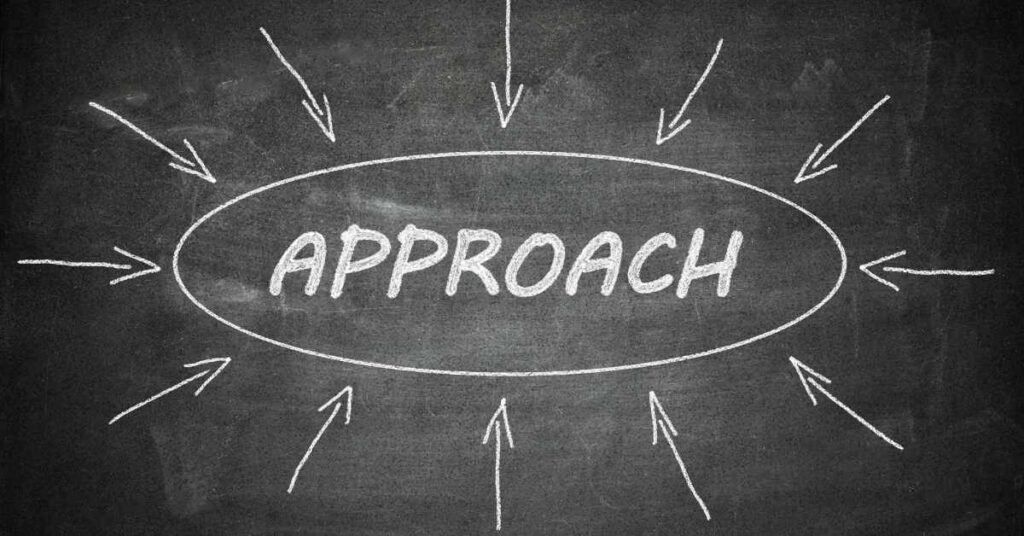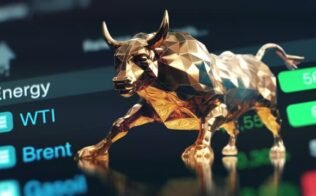Investing and trading are the two primary methods of building equity market wealth. On the other hand, investing and trading use completely different methods to build wealth or make money through the stock market. People often get confused about Trading vs Investing. So today, we will clear all your doubts.
Consider the possibility that you and a friend purchased the same number of seeds for planting your fields, but instead of planting them, you decided to sell them to someone else for a profit. So you sell them at the current market price and earn a small profit. Your friend spread the seeds and allowed them to mature for a few months or years until they produced new ones. It took him years of sowing new seeds before he was able to sell enough to make back the money he had spent on them. Now he will make more money than you when he sells the seeds. He invested his time and efforts to make a huge profit while you sell the seeds for a small profit. This is a perfect example of trading and investing.
Now let’s see the exact difference between trading and investing.
What is Investing?
Traditionally, investing has been associated with purchasing stocks or other financial instruments that are intended to generate profits over an extended time period. Many people keep them for years as family heirlooms. Because of this, investors must choose stocks or bonds of firms that are likely to grow over time. To make a sound investment, one must conduct an extensive study on the possible investment objective, be it a stock or a long-term bond. You can even join a good stock market course to learn how to invest. Investing is all about creating a well-balanced portfolio of stocks and bonds whose value increases and dividends or interest payments can provide returns. As a result, they can achieve financial stability.
Consequently, investors do not often sell their shares. If there is an emergency or the stock has reached its long-term goals, it will only be used.
What is Trading?
Financial instruments such as stocks and commodities are traded on a short-term basis in the context of trading. Investments in short-term price swings of these securities are a primary goal. As a result, traders profit from the volatility. Trading algorithms and chart-based approaches are commonly used to uncover short-term trends in price movements to assess suitable trading chances. There’s a term for this kind of analysis: technical analysis. Stocks or other financial instruments are bought and sold more often in this type of trading.
Trading vs Investing: What’s the Difference?
Here are some significant differences between trading and investing that will help you do the same in the financial markets.
1. Time

The trader holds the shares for another few months, weeks, or days before selling them. A single trading day is all it takes for intraday traders to purchase and sell shares. On the other hand, long-term investments are the focus of an investor. They hang on to their shares for more than a year, or perhaps many years, to reap the benefits of long-term capital gains.
2. Risk Appetite

In the short term, a trader has to deal with volatility in the stock market. As a result, having a high-risk tolerance is beneficial to the trader. The investor is less willing to take a chance. Daily market cycles might not have had a significant influence on long-term investors.
3. Approach

Traders make money by taking advantage of stock price fluctuations. These investors purchase and sell shares when the market is at a low point. The finest trading chances are found by keeping a close eye on the market. On the other hand, investors are in this for the long term. The strength of compounding makes long-term investments in the stock market pay off.
4. Psychology

A long-term investor has the patience to wait tight and hold on to their money until it grows. On the other hand, traders have a poor tolerance for risk. A trader is willing to take a risk, conducts considerable research, and adheres to a predetermined trading strategy. As a result, traders have to be flexible and adapt to changing market conditions.
5. Decision-Making Process

Investors may take a long time to decide whether to invest in stocks or not. They examine the basics of various businesses and evaluate their management techniques, development prospects, and other variables. Fundamental Analysis plays an important role in the long term investment. On the other hand, traders don’t have a lot of time to think as the market is volatile. They do technical analysis of stocks quickly and start trading.
Remember that you must have a good knowledge of technical analysis; otherwise, you might lose all your money. To learn technical analysis, you can join our technical analysis course.
6. Capital Requirement

Short-term investing possibilities that offer rewards through market movement are what traders seek when putting their money at risk. For huge earnings, though, they will need to trade many stocks. Margin monies borrowed from the broker might be used for this. However, investors have to come up with their own money. Traders, on the other hand, have the ability to liquidate holdings if necessary swiftly.
Now that you have understood Trading vs Investing, you need to decide whether you want to invest, trade, or both. For this, you will need a course to learn. I would suggest you enrol yourself in The Thought Tree’s stock market course. We will help you to learn everything from scratch.
Conclusion
The key distinctions between Trading vs Investing are the tactics taken, the risks involved, and the amount of time invested. It is acceptable to do both, and the decision to pick between any of these options or both of these options will rely on the person’s risk-taking abilities and patience. Investing is for the long term and has a lower level of risk, whereas trading is for the short term and carries a higher level of risk. Both traders and investors make money, but traders typically make more money than investors, provided they make the correct selections and the market behaves in the manner they expect.
FAQs
Which is more advantageous: trading or investing?
It is acceptable to do both, and the decision to pick between any of these options or both of these options will rely on the person’s risk-taking abilities and patience. Investing is for the long term and has a lower level of risk, whereas trading is for the short term and carries a higher level of risk.
Which entails a greater degree of danger. Is it better to trade or invest?
Trading has a higher level of risk than investing, and the risk-to-reward ratio is significantly higher. Investing is a long-term strategy that carries a lower level of risk.
Which technique generates greater profits: investing or trading?
Both traders and investors make money, but traders typically make more money than investors, provided they make the correct selections and the market behaves in the manner they expect.
One response to “Trading vs Investing: What is the Difference between Trading and Investing”
Recent blog
Course
- Unlocking the Mysteries of Bull Markets: A Comprehensive Guide
- Understanding Blue Chip Stocks: Definition, Examples, and Investment Strategies
- Understanding Volatility: What Is Volatility in the Stock Market?
- What is SEBI: Role, Structure, and Powers
- Understanding Bear Market: Types, Causes, and Consequences






[…] More: Trading vs Investing: What is the Difference between Trading and Investing […]